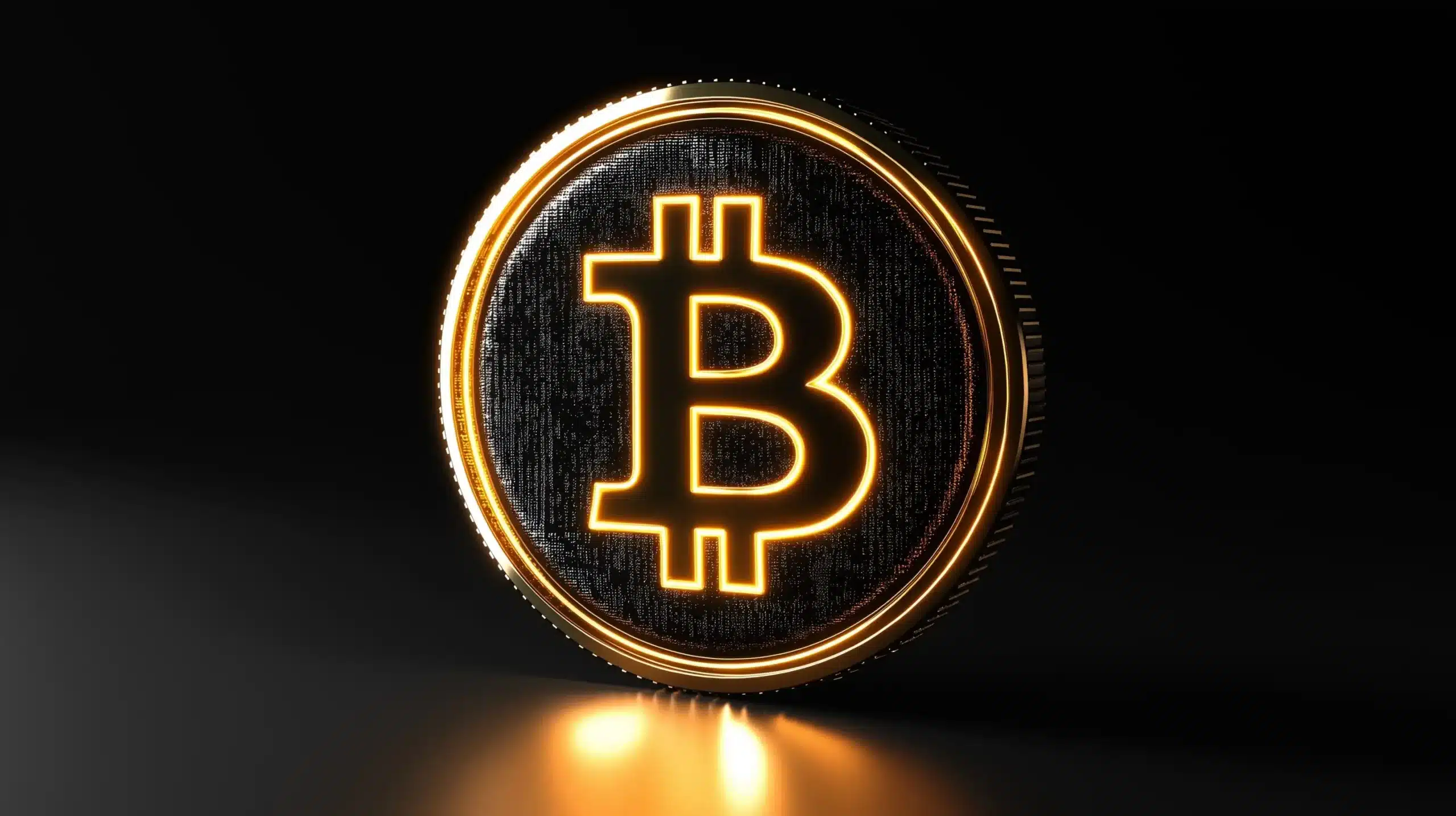Bitcoin’s strong momentum showed weakness following the renewed military conflict between India and Pakistan. The digital asset, which touched $97,300 earlier today, faces resistance as risk-off sentiment spreads across global markets.
The Indian government made official statements about air strikes targeting Pakistani-controlled ground. The attacks aimed at terror facilities were directly tied to the Pahalgam attack that killed 26 victims, including a foreign citizen, on April 22.
Pakistan maintained its position against the attacks by issuing threats to launch limited military actions in response to further provocations. The sudden heightening of military tension between Pakistan and India created swift concerns about an ongoing nuclear standoff while damaging market confidence.
Asia’s markets responded with steep decreases in value. India’s NIFTY 50 index declined by 2.3 percent, followed by Pakistan’s KSE-100 index, which dropped by 3.1 percent. Stock market futures from Europe and the United States showed a downward movement as financial sector anxiety increased.
Also Read: US and Tech ETFs Soar as Bitcoin Fund IBIT Rakes in Billions in Inflows
Safe-haven assets gained as investors rushed to limit exposure to volatile markets. Gold surged 2.2 percent to $2,750 per ounce. The U.S. Dollar Index rose to 104.50, reflecting a shift toward safer currencies amid geopolitical uncertainty.
Geopolitical Fears Undermine Bitcoin’s Momentum
Bitcoin, which had been climbing on optimism surrounding renewed U.S.-China trade talks, paused its attempt to break the $100,000 resistance. Investors became more cautious as fears of an escalating conflict weighed on broader market sentiment.
U.S. Treasury Secretary Scott Bessent and Chinese Vice Premier He Lifeng planned to discuss trade matters in Switzerland as part of an event that would boost crypto market conditions. The world’s attention now focuses on the events happening in South Asia.
Donald Trump has demanded that India and Pakistan solve their issues through diplomatic means, according to White House sources. The outreach provided momentary market stabilization, although it didn’t overcome the risk-averse behaviors developed across markets.
Investors worldwide maintain a close focus on geopolitical developments because they expect market volatility to endure. The market’s response to rising tension and regional uncertainty may cause Bitcoin to face delayed upward movement.
Global risk elements create uncertain conditions for the short-term crypto market performance. Intensifying hostilities between India and Pakistan generate new market strains, threatening Bitcoin’s potential ascent towards another peak.
Also Read: Jim Cramer Exposes Why Following Popular Market Trends Could Cost You Big
